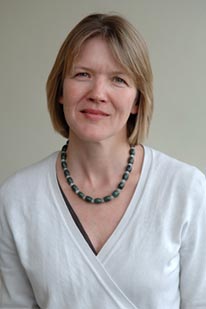The BBC is scrapping Have Your Say, a discussion board on the BBC News website. It is moving to an integrated system of comments within its stories, according to a post on the BBC’s Editors blog today.
Most discussion topics on Have Your Say, such as one today which asks “will a no-fly zone resolve the crisis in Libya?”, gather hundreds of comments, but Alex Gubbay, BBC News’ social media editor, writes that it is time to change the place where readers comment as Have Your Say is “something of a silo away from the rest of the content”.
It is a reflection of the changing online landscape and the advent of social media that we feel the time is now right to move on from Have Your Say.
This process is essentially about us online focusing more now on encouraging discussion around our content itself, rather than looking to host or manage a community.
According to the Editors blog post, BBC News is planning to introduce editors’ picks and a ‘recommend’ option to its new comments system to “showcase interesting additional insight and perspective”.
Editors’ picks will be the default view once any comments have been selected, but users will be able to then tab to see all comments and also rate them, functionality I know has been sorely missed since we had to remove it in last year’s transition phase.
Gubbay explains comments, which have been tried out on a number of stories recently, will only be enabled on selection of content each day and that moderation will work as it does now.
New ‘share’ options for Twitter and Facebook are due to appear on BBC News’s stories shortly to show total ‘shares’ and a breakdown by site, plus and an option of short URLs.
Have Your Say is due to shut next month.
